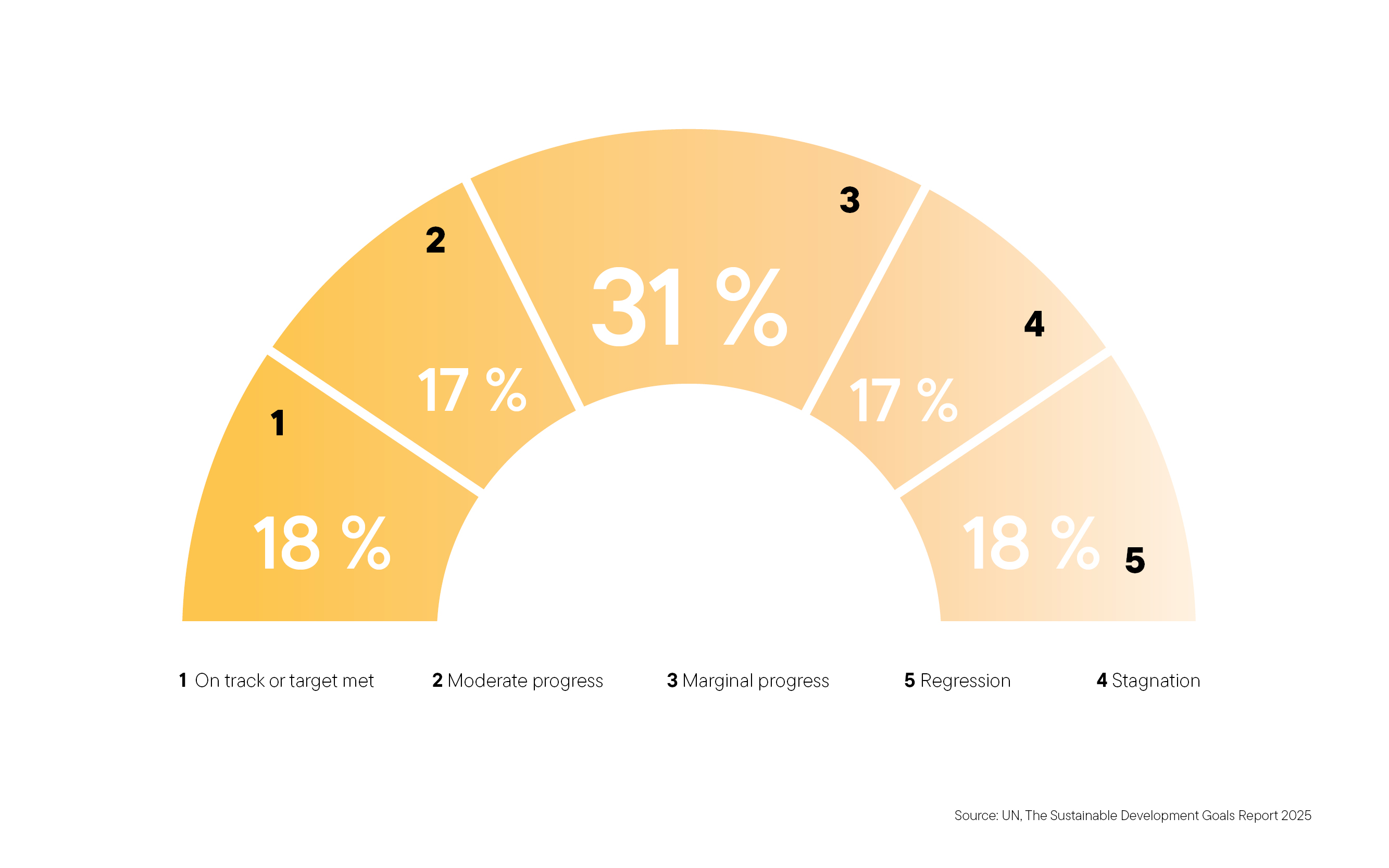Revitalised series
Globale Trends 2007. Frieden, Entwicklung, Umwelt [Global trends 2007. Peace, development, environment].
Fischer Verlag, Frankfurt am Main 2006, 416 p.,
€14.95, ISBN 3-596-17174-1
The latest volume of the “Global trends” was produced by a new team of editors. Tobias Debiel, director of the Duisburg-based Institute for Development and Peace, has replaced Ingomar Hauchler, a former policy-maker for the Socialdemocrats in the Bundestag. The book retains the high standard of content of past issues. The political commentaries included are impressively clear and well argued. For instance, Jochen Hippler’s essay on international terrorism is pleasingly unemotive. Götz Neuneck, in a chapter on the spread and control of weapons of mass destruction, does not restrict himself to cheap shots at North Korea and Iran, but also deals with the control of biological and chemical weapons as well as Pakistan’s role in terms of arms policy. This section closes with a disturbing statement: “Public knowledge of a meeting between two former Pakistani nuclear scientists and al Qaeda is raising (...) concerns that terrorists, too, could benefit from Pakistan’s nuclear expertise.”
The articles point out some sobering political, economic, social and environmental developments in a down-to-earth and unemotional manner. Readers undeterred by academic jargon and sometimes long-winded language in some articles will be richly rewarded, even though there are a few flaws. For instance, Raimund Bleischwitz does not make much sense when comparing Nigeria and Norway in his subchapter on “Commodity abundance – a curse or a blessing for developing countries?”. For one thing Norway is not a developing country. For another, it is far from obvious that Bleischwitz’ proposal of Nigeria investing oil revenues in a domestic petrochemical industry would really have a poverty-reducing effect.
Moreover, it is wrong to state that Nigeria made little investment in agriculture – for instance, many dams were constructed. It is true, however, that investments have been inadequate, and that the export orientation inherited from Britain failed due to falling prices for agricultural output.
The layout of the book has improved. The eighth issue of the series has a somewhat larger format than earlier ones, and that serves many tables and graphs. The table of contents looks less formal, but refers more precisely to theories and current developments. The book provides a wealth of background information to a comparatively wide audience, and should prove a good starting point for in-depth studies.
Uwe Kerkow






